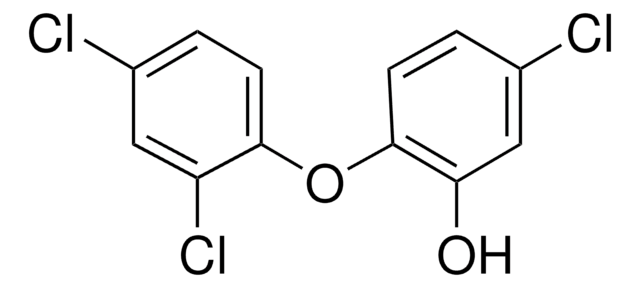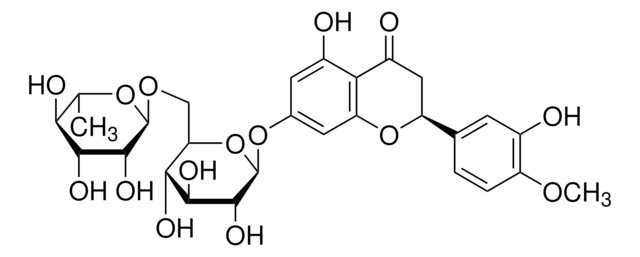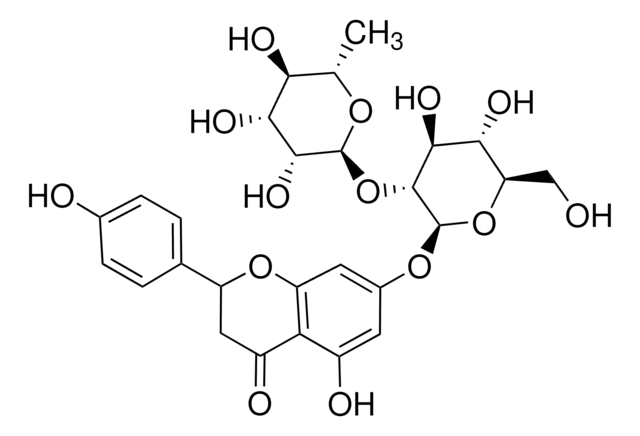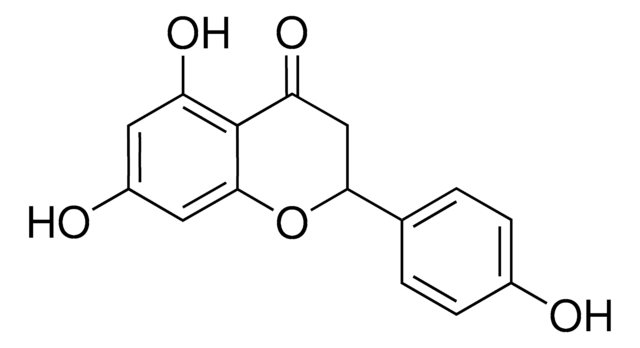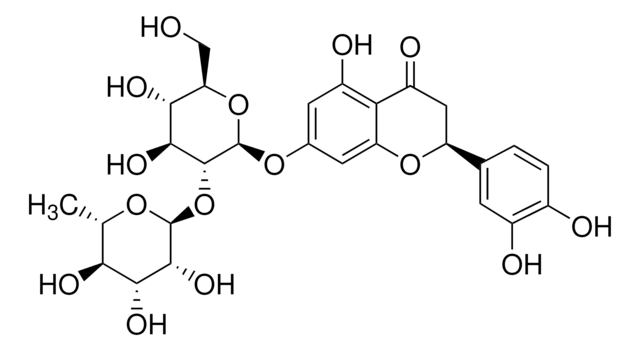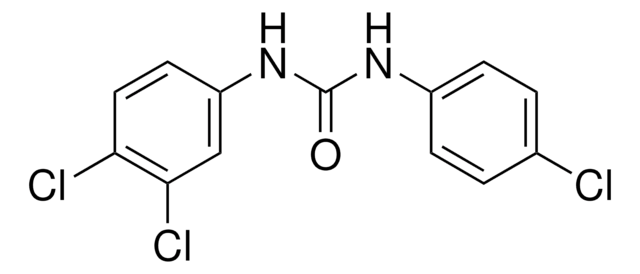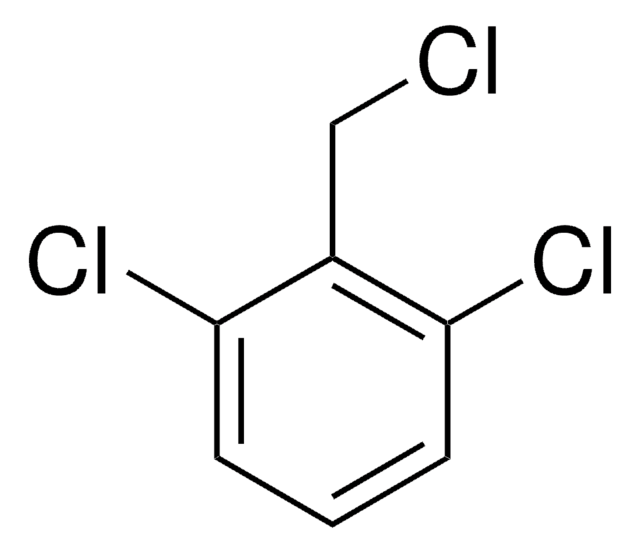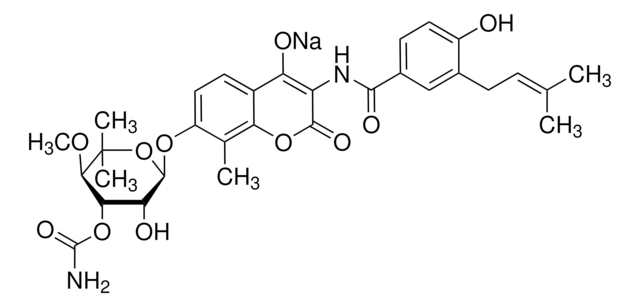72779
Triclosan
97.0-103.0% (active substance, GC)
Synonym(s):
Triclosan, 5-Chloro-2-(2,4-dichlorophenoxy)phenol, Irgasan
About This Item
Recommended Products
biological source
synthetic
Quality Level
Assay
97.0-103.0% (active substance, GC)
form
powder or crystals
impurities
≤0.1% Water (Karl Fischer)
color
white
mp
55-59 °C
solubility
1 M NaOH: 5% at 25 °C, faintly turbid to clear (colorless solution)
antibiotic activity spectrum
fungi
Mode of action
enzyme | inhibits
SMILES string
Oc1cc(Cl)ccc1Oc2ccc(Cl)cc2Cl
InChI
1S/C12H7Cl3O2/c13-7-1-3-11(9(15)5-7)17-12-4-2-8(14)6-10(12)16/h1-6,16H
InChI key
XEFQLINVKFYRCS-UHFFFAOYSA-N
Looking for similar products? Visit Product Comparison Guide
General description
Application
Biochem/physiol Actions
Other Notes
Signal Word
Warning
Hazard Statements
Precautionary Statements
Hazard Classifications
Aquatic Acute 1 - Aquatic Chronic 1 - Eye Irrit. 2 - Skin Irrit. 2
Storage Class Code
11 - Combustible Solids
WGK
WGK 2
Flash Point(F)
Not applicable
Flash Point(C)
Not applicable
Personal Protective Equipment
Choose from one of the most recent versions:
Already Own This Product?
Find documentation for the products that you have recently purchased in the Document Library.
Customers Also Viewed
Articles
Information on fatty acid synthesis and metabolism in cancer cells. Learn how proliferatively active cells require fatty acids for functions such as membrane generation, protein modification, and bioenergetic requirements. These fatty acids are derived either from dietary sources or are synthesized by the cell.
Our team of scientists has experience in all areas of research including Life Science, Material Science, Chemical Synthesis, Chromatography, Analytical and many others.
Contact Technical Service